Artificial Intelligence (AI) is changing the world fast. It’s helping us in many ways, from creating new stories to making healthcare better. In this article, we’ll explore some of the latest AI developments and how they’re impacting our lives.
Introduction to Artificial Intelligence Advancements
AI is getting smarter every day. It’s being used in many areas, like writing, healthcare, and robotics. Here, we’ll look at some of the most important recent developments in AI.
Key Areas of AI Progress
- Creative Writing and Content Generation: AI can now write stories and articles that are almost as good as those written by humans.
- Healthcare Innovations: AI is helping doctors diagnose diseases more accurately and treat patients better.
- Robotics and Automation: AI is making robots smarter, so they can do more tasks on their own.
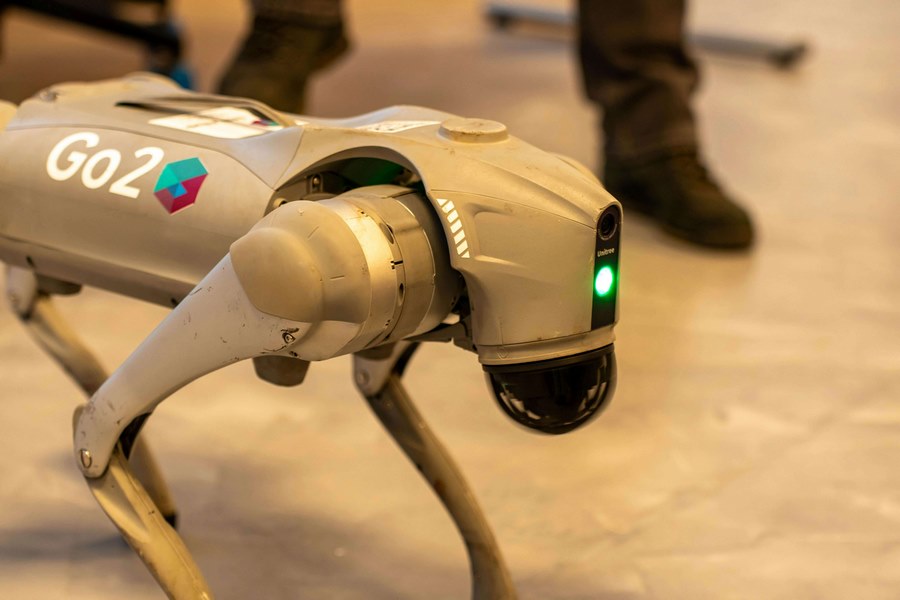
Creative Writing and Artificial Intelligence(AI)
AI is now very good at writing creative content. For example, OpenAI’s models can write complex stories, including metafiction. This means AI can help create new books, articles, and even marketing materials. AI tools like ChatGPT and Google Bard are becoming increasingly sophisticated, showcasing the ability to produce coherent and engaging narratives.
Impact on Creative Industries
AI in creative writing can:
- Improve Content Quality: AI can suggest better writing styles and ideas.
- Save Time: AI can automate some parts of writing, so humans have more time for other things.
- Create New Genres: AI might help invent new types of stories or writing styles.
Platforms like Wattpad use AI to analyze story trends among their vast user-generated content, providing valuable insights for writers.

AI in Healthcare
AI is making healthcare better by helping doctors diagnose diseases more accurately and personalize treatments. Here are some ways AI is helping:
- Disease Diagnosis: AI can look at medical images and patient data to find diseases faster and more accurately. Companies like Zebra Medical Vision and Aidoc use AI for radiology solutions.
- Personalized Medicine: AI helps doctors create treatment plans that are just right for each patient. MD Anderson Cancer Center uses AI to analyze pathology slides and genomic data for personalized cancer treatment.
- Administrative Efficiency: AI automates tasks like data entry, so healthcare staff can focus on patients.
Future of Healthcare with AI
In the future, AI in healthcare will:
- Reduce Costs: By automating tasks and improving diagnosis, AI can help lower healthcare costs.
- Improve Patient Outcomes: Personalized treatments and early disease detection can lead to better health for patients.
Companies like Intermountain Healthcare and Mass General Brigham are using AI to improve clinical decision-making and patient care.
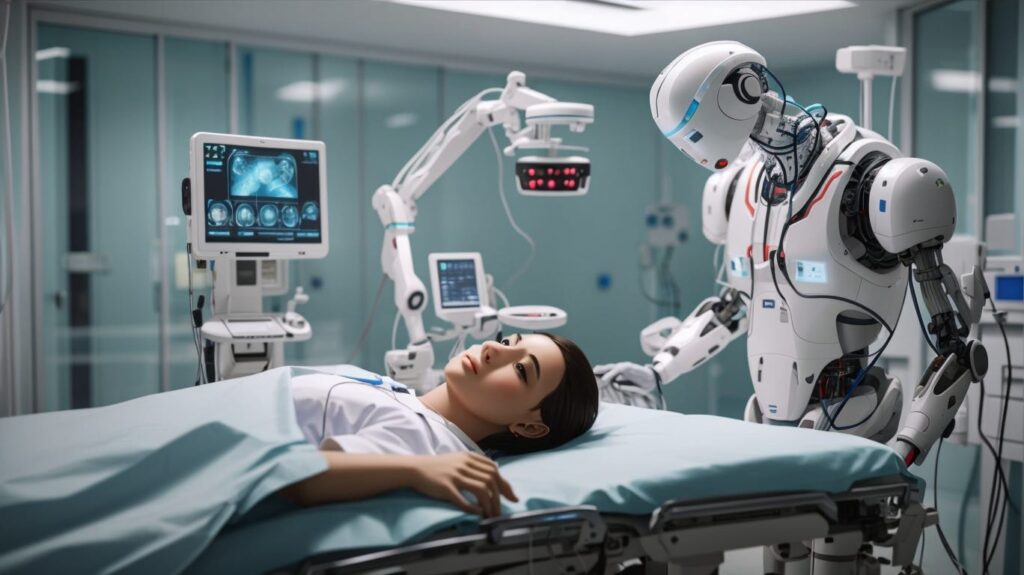
AI in Robotics and Automation
AI is making robots smarter and more independent. This is especially true in:
- Manufacturing: AI-powered robots can do complex tasks with precision, making products better and faster. Companies like Tesla and BMW use AI in their manufacturing processes.
- Service Industries: AI-driven robots are being used in customer service and hospitality to improve customer experiences.
Impact on Industries
AI in robotics will:
- Boost Efficiency: Robots can work continuously without breaks, increasing productivity.
- Enhance Safety: AI can help robots avoid accidents by predicting and responding to potential hazards.
Companies like GrayMatter Robotics and Bright Machines are leading the way in AI-powered manufacturing automation.
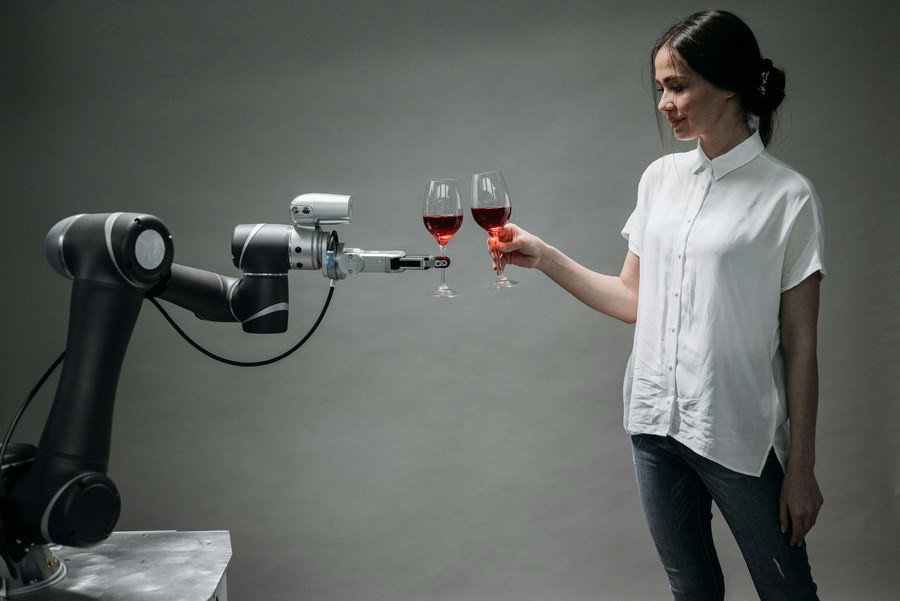
Emerging Trends in AI
AI Reasoning and Custom Silicon
- AI Reasoning: The next generation of AI models is focusing on reasoning capabilities, enabling machines to understand and apply logic more effectively.
- Custom Silicon: Companies are developing custom silicon chips designed specifically for AI processing, which can significantly improve performance and efficiency.
The trillion dollar tech companies are on a quest to become vertically integrated monsters. Google is no slouch on this front and has a myriad of custom and semi-custom silicon projects from the famous TPU for AI to the Titan security chip to upcoming releases such as Pixel/Chromebook SOCs, Arm Neoverse server CPUs, and Waymo self driving systems
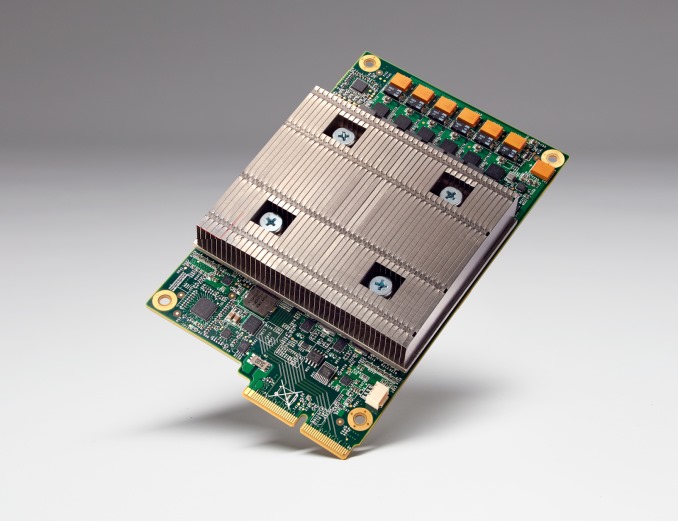
Cloud Migration and Agentic AI
- Cloud Migration: More AI applications are moving to the cloud, allowing for greater scalability and accessibility.
- Agentic AI: This emerging trend involves creating AI systems that can act autonomously, making decisions based on their environment and goals.
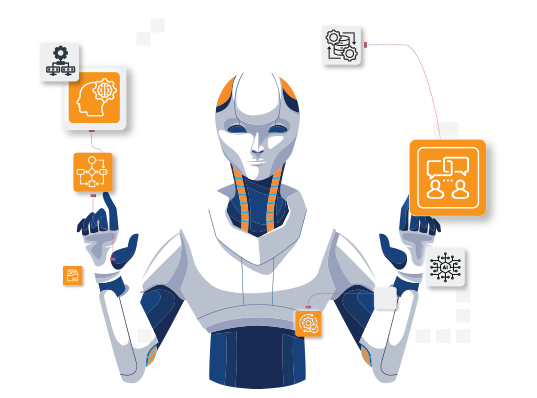
Conclusion
Recent AI developments are changing the world in many ways. Whether it’s creating new stories, improving healthcare, or automating industries, Artificial Intelligence (AI) is set to play a bigger role in our future.
